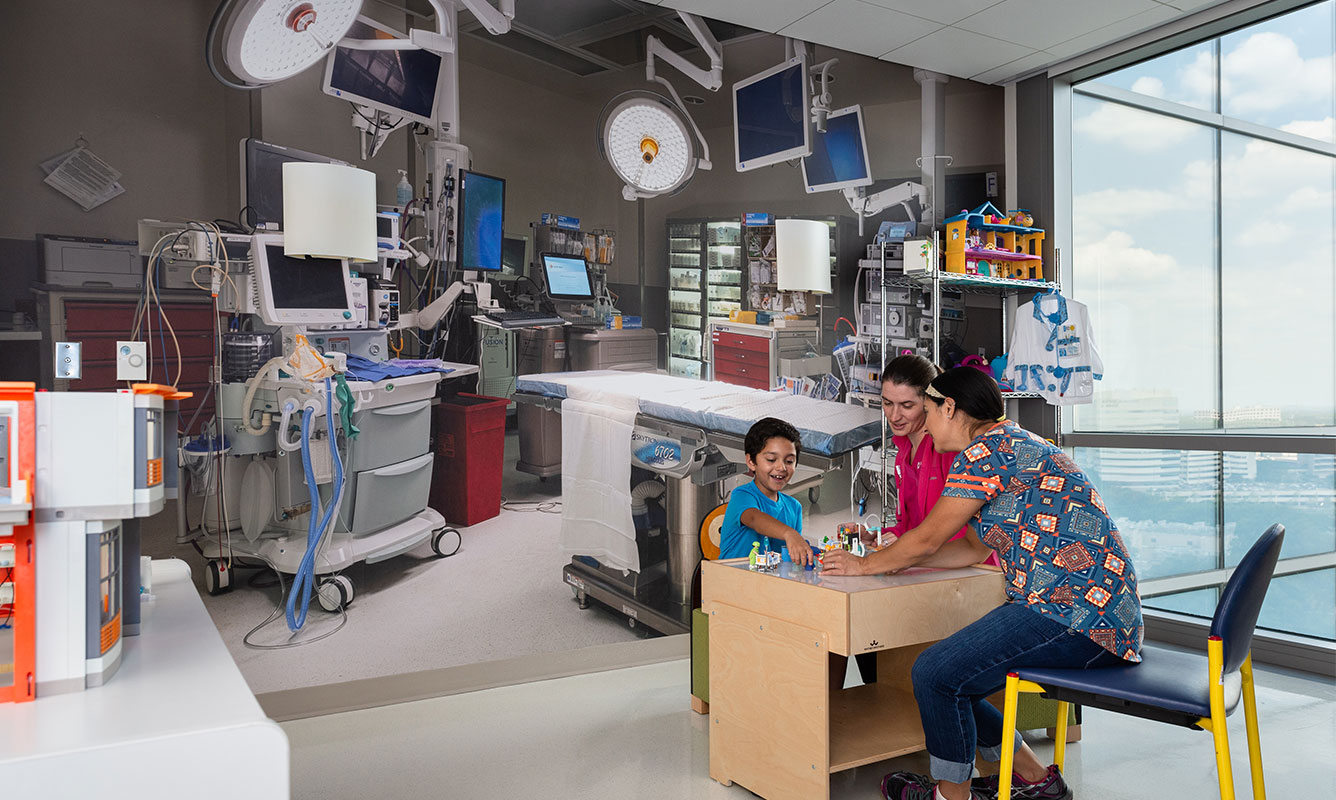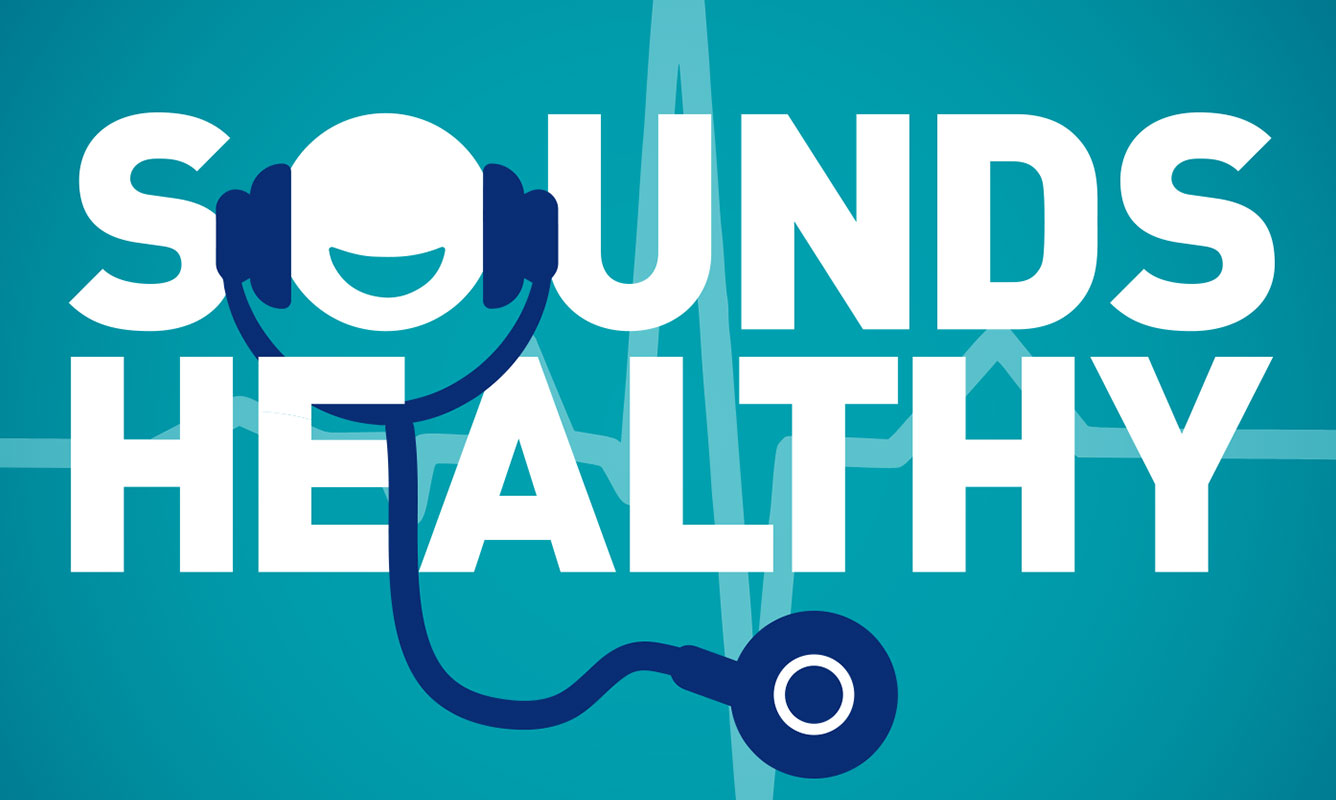Intravenous Fish Oil Helping Preemies and Babies Who Can’t Eat
As a newborn, Eluterio Mireles’ tiny body lacked the normal length of intestine needed to properly absorb nutrients through normal feeding. It’s an uncommon problem, but not a rare one. And babies who suffer from it usually are fed intravenously — a therapy known as parenteral nutrition, or PN.
While PN has been a lifesaver for babies such as Eluterio, doctors have long known that over many months — often until the intestine matures or an intestinal transplant is performed — PN treatment can damage the liver. Sometimes a liver transplant is required; other times the babies do not survive.
A few years ago, researchers theorized it was the vegetable-based fats in the PN treatment that seemed to be causing the problem.
Dr. Cynthia Blanco, a neonatologist at University Hospital and a national expert in nutrition, is one of a handful of researchers across the country studying an alternative intravenous formula called Omegaven that uses fish oils — omega-3 fatty acids specifically — that don’t seem to harm the liver, and may repair past damage. Over the past two years she’s treated eight babies, including Eluterio, with Omegaven.
“All have done well,” said Blanco, associate professor of pediatrics-neonatology at the UT Health Science Center, and president-elect of the Southern Society for Pediatric Research. “All of them were on the traditional therapy already, and their liver disease was bad. They would have succumbed to the progression of the disease, but they did well — and all of them went home with no liver disease.”
In Eluterio’s case, he suffered from a type of abdominal hernia called gastroschisis. His intestines protruded through a small opening in his belly from early stages of development inside the womb, severely damaging them. After several months of traditional IV nutrition at a hospital near the family’s home, his liver began to fail and he became weak and jaundiced. Doctors there referred him to University Hospital to see if he was a candidate for Omegaven therapy.
“He’s 14 months old now. He’s a happy baby. If you saw him you wouldn’t know he was sick,” said his mother, Laura Barrios, of Harlingen. She said Eluterio has undergone a number of surgeries, and although still on intravenous nutrition he hasn’t needed Omegaven continuously after the initial months of therapy. Doctors hope his intestine will eventually grow enough to allow solid foods.
Omegaven is available in Europe but not yet approved by the Food and Drug Administration. While any U.S. doctor can apply to the FDA to use it for a particular patient on a compassionate basis, Dr. Blanco has a permit to use it on any qualified patient as part of her research, which also avoids any further delay in therapy. She’s had referrals from as far as Virginia. And she hopes to expand its use through a new study looking at whether giving it earlier to babies with intestinal problems would prevent liver damage in the first place.
“I do believe we have to do more research and use it carefully under the guidance of a nutrition oriented team that understands all of the potential complications to make sure that everything is safe before everybody starts using it everywhere, and before we know the long-term effects,” Dr. Blanco said. “So we’re following the babies for up to 3 years of age as well, to see if they have any side effects or problems.”
University Hospital’s Level III NICU is involved in a number of nutrition and feeding research studies. Dr. Blanco and her research team were recently selected to present their research at the Pediatric Academic Society Meeting this year.
For more information about the Omegaven studies, call 210-358-1593 or 210-358-1511.



